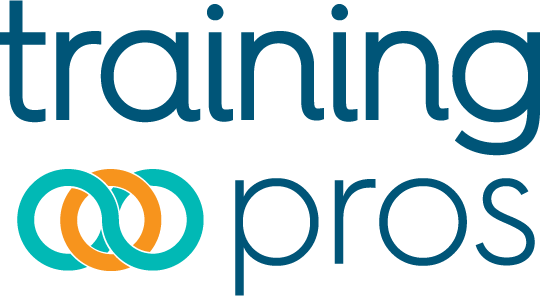The Dynamic Drug Pricing Reform Landscape
Ross Margulies is one of many distinguished presenters at Q1’s 11th Annual Managed Markets & Account Management Strategies Conference. Providing a legal perspective, he will present on the ongoing changes to the drug pricing landscape, including regulatory and legislative changes, that will impact coverage and pricing trends. Preview topics covered in his sessions below.
Can you please describe your job title and what your position entails?
I’m a healthcare attorney at the law firm Foley Hoag LLP – we have offices in Washington, DC, New York City, Boston and Paris. My focus is helping healthcare and life sciences companies navigate complex legal and regulatory issues, and helping them to achieve their business goals. I primarily specialize in the Medicare and Medicaid programs, but also advise my clients on healthcare fraud and abuse matters, as well as issues related to the Affordable Care Act.
How has the White House’s withdrawal of the proposed rule to rebates affected the regulatory landscape?

The proposed rule issued by the Department of Health and Human Services Office of Inspector General (HHS-OIG) in February of this year would, if it had been finalized, been the most significant change to the Medicare Part D program since it was created in 2003. To the surprise of many, the rule was withdrawn in mid-July. While the White House provided only a cursory explanation for the withdraw, most agree that the biggest barrier to the adoption of the rule was its costs – to both the Federal government and Medicare beneficiaries in the form of higher premiums.
What does it mean for the regulatory landscape? The rebate safe harbor rule was the Administration’s keystone regulatory policy to lower drug prices, and the withdraw of this rule puts additional pressure on the Administration to lower drug prices using some other levers. As we will discuss in the upcoming session, the International Pricing Index model has now emerged as the likely answer for the Administration on how to lower drug prices. Congressional proposals currently being debated may also relieve the Federal agencies from pressure to create a solution to high drug prices.
What are some expected changes for the pharma pricing and reimbursement industry?
While the rebate rule has been withdrawn, the drug pricing debate is not over. Congress currently has “the ball” and is debating a number of major proposals that could reverberate through the industry. These policy proposals include: inflationary rebates in Part B and Part D, a cap on Part B add-on payments, a complete redesign of the Part D benefit and new value-based purchasing authority in Part D. It is also possible that a rebate policy could slip into a legislative package. We expect a number of announcements this fall from the White House, including the roll out of a proposed International Pricing Index rule and new reforms in the Part D and Medicare Advantage programs.
Do you have any tips on dealing with the constantly changing pharmaceutical pricing industry?
Stay engaged, stay involved and comment. If you or someone you work with, including a consultant, are not already regularly tracking the Federal Register and the Office of Management and Budget’s website, start doing it today. Coverage and payment policies coming out of CMS have never been more important to follow, as the landscape in which we currently operate is changing on a day-to-day basis. Drug pricing will remain front and center for the foreseeable future; companies should be regularly performing threat assessments on various policy proposals and adjusting their market access and reimbursement strategies in response. A truly holistic approach means examining and understanding the policy and political environment and building this understanding into all of your business functions. Given the regulated environment in which we operate, companies should be thinking about coverage and reimbursement from the earliest, clinical stages of development. Additionally, of course, when a Federal agency proposes something you don’t like, provide well-reasoned and thoughtful comments in response.
What are some key takeaways you hope attendees gain from the sessions?
First, I want attendees to understand that even though the rebate rule was withdrawn, drug pricing reform is far from over, and could still even include changes to how rebates are administered. Second, I hope attendees recognize how dynamic the current regulatory and legislative environment is right now – some of the proposals being debated could have dramatic implications for you and your company. Finally, I want attendees to walk away with a better grasp on what possible futures look like, giving them confidence in navigating these very rough waters in which we currently operate.
Learn more from Ross Margulies at this year’s Managed Markets Conference and save your spot for an upcoming pharmaceutical event today.






0 Comments